Faculty Updates Coming Soon
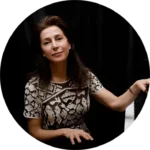
Ayse Celasun – Piano
Former Professor at the conservatories of GPSEA/France, Ayse Celasun, native of Istanbul, began her studies at the age of 5 at Istanbul Belediye Konservatuari (currently Istanbul University State Conservatory). She moved to Paris with a scholarship to the Ecole Normale de Musique de Paris, in the class of Germaine Mounier…
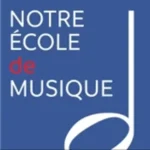
Voice and Choir

Dalcroze Eurythmics
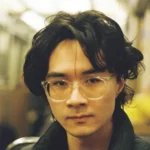
Ernest Strauhal 許志仁 – MAO – Computer Assisted Composition
Ernest Strauhal is a Californian MAO (Musique Assistée par Ordinateur – Computer Assisted) composer and visual artist based in Chicago. His compositions and visual works have been shown and performed across Illinois, New York, California, and New Mexico. In 2021, Strauhal released his first music project “Beuys 1974” on .phonographiq, a music label dedicated to the intersection of the aesthetics of sound and image.
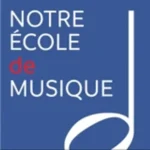
Clarinet
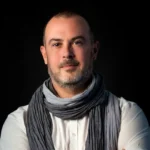
Benoît Dantin – Theory/Solfège
Benoît Dantin was born in 1977 near Grenoble (France) right next to the French Alps in a family of musicians. As a child, he learnt to play the clarinet with his father. When he was a teenager, as he already knew he would be teaching music somehow, he learnt to play the piano and during high school, he started on the bassoon.He later went…
Prospective Teachers
Do you have a passion for your instrument, a gift for developing musical skills in students in a variety in both age range and skill level, and desire to work on a world class team based out of a historic building with breathtaking views?
If so we would love to talk to you about working with us!
We are currently looking to fill several teaching positions.
The ideal candidate would be someone who:
- Can build relationships with parents, students, and other staff through participation in performances and events.
- Will be present to administer and facilitate evaluations, assessments, and student advocacy efforts.
- Shows strong Classroom and student engagement in variety of settings and spaces.
Please note: a background check is required for all employees.
